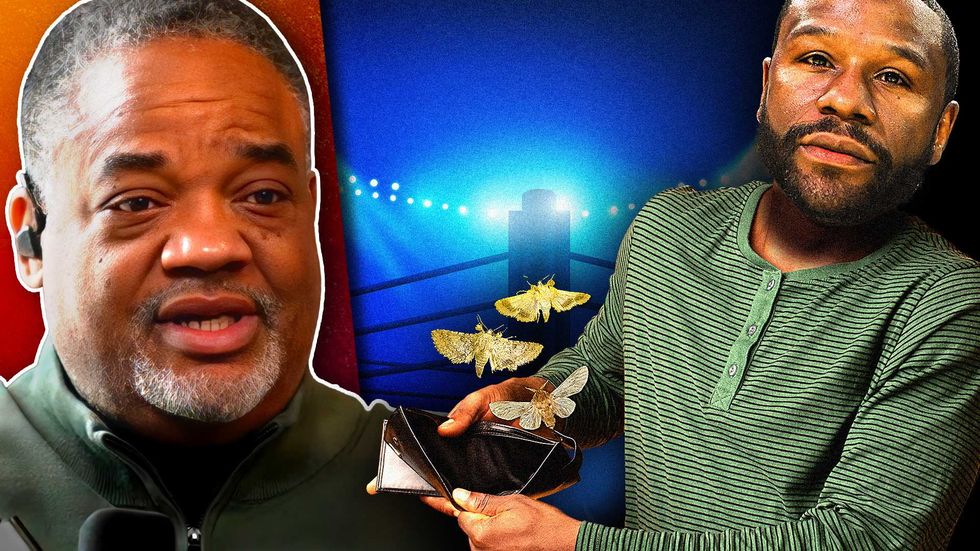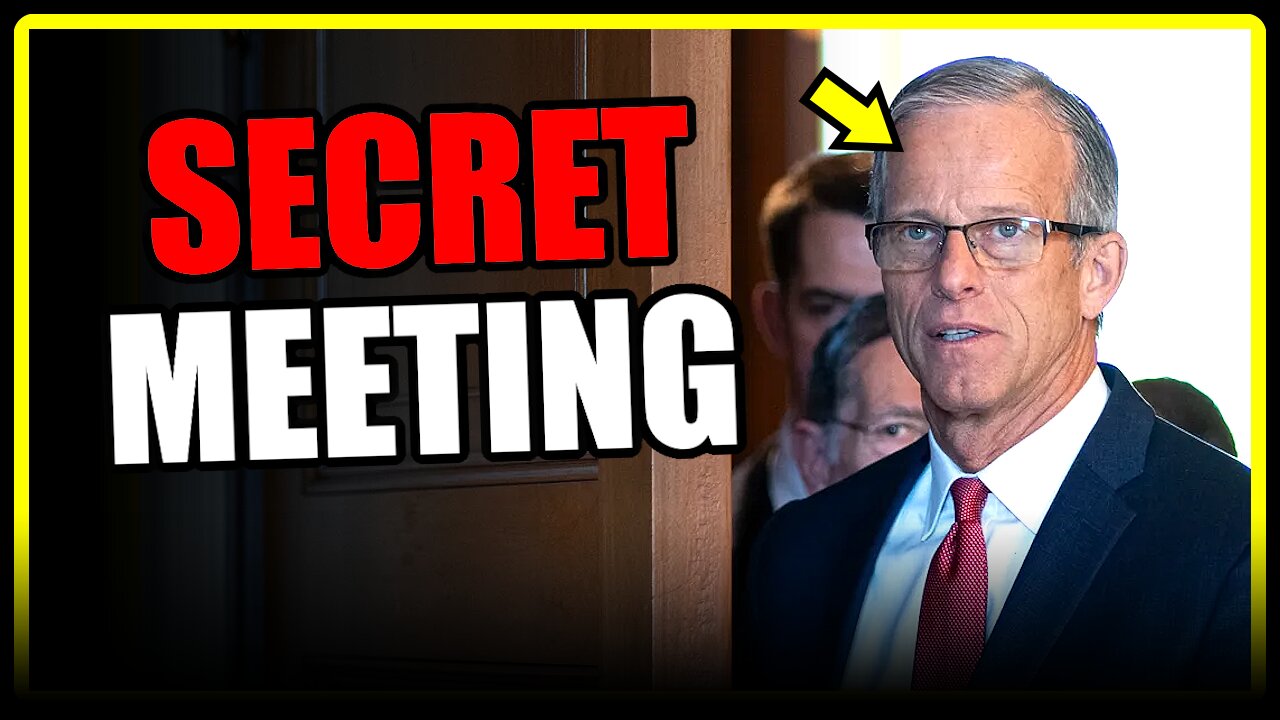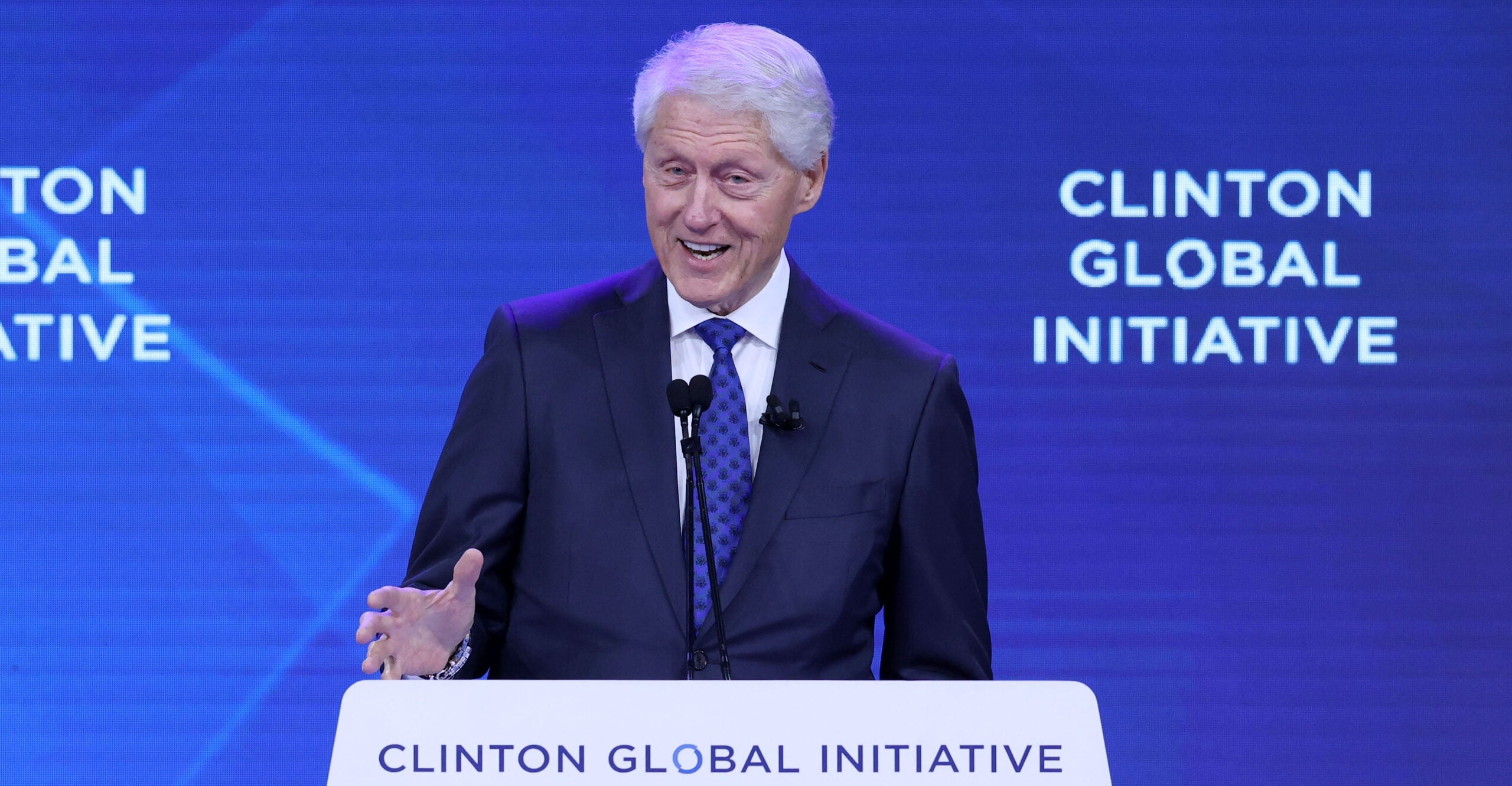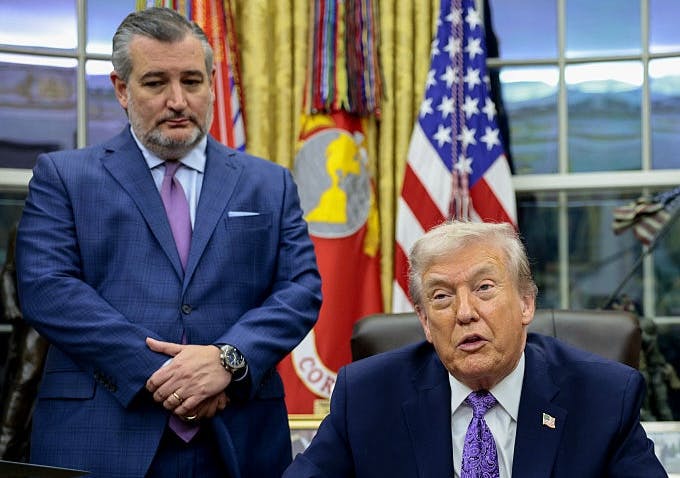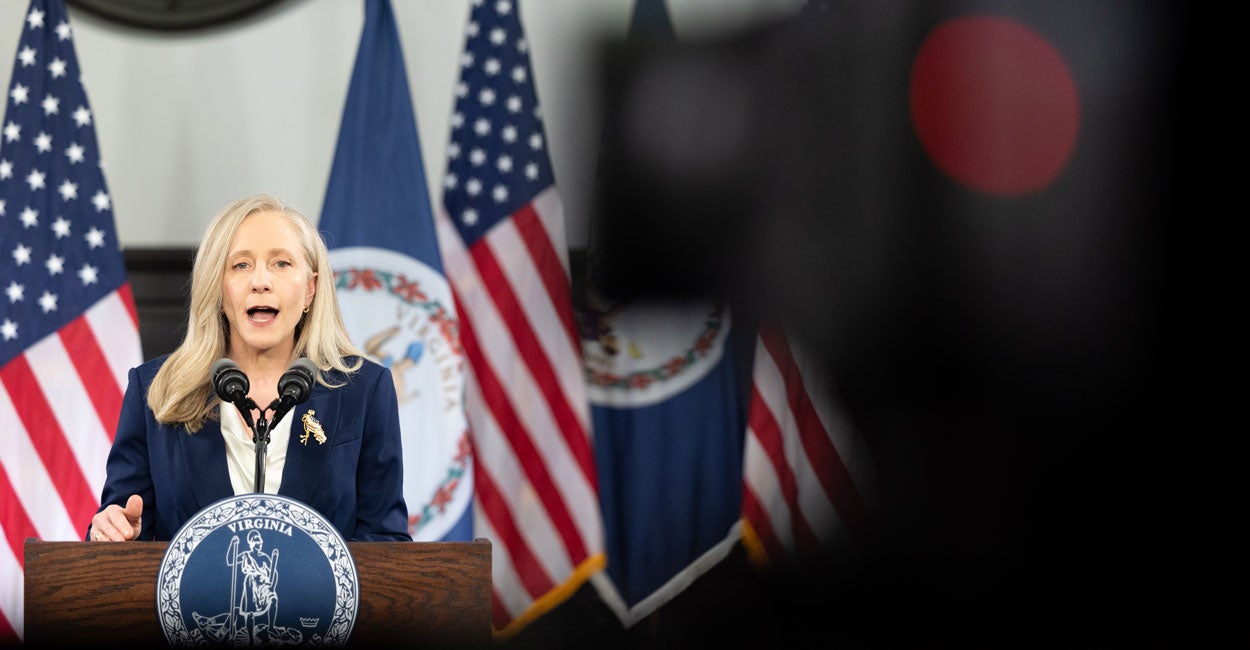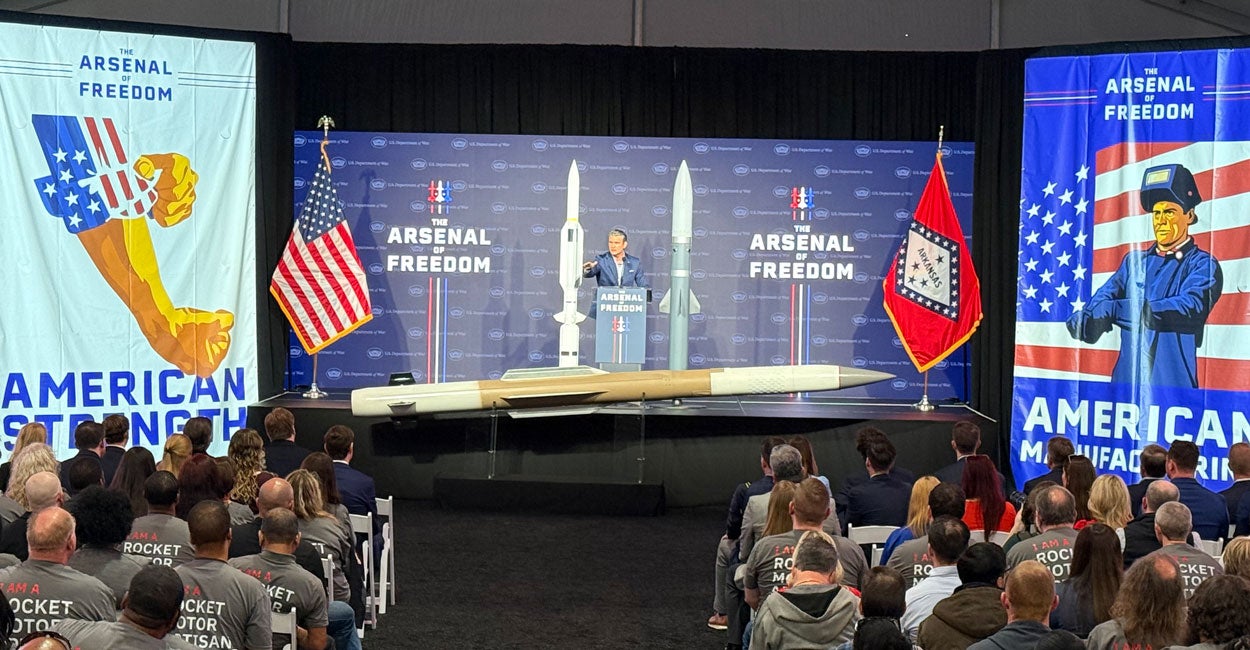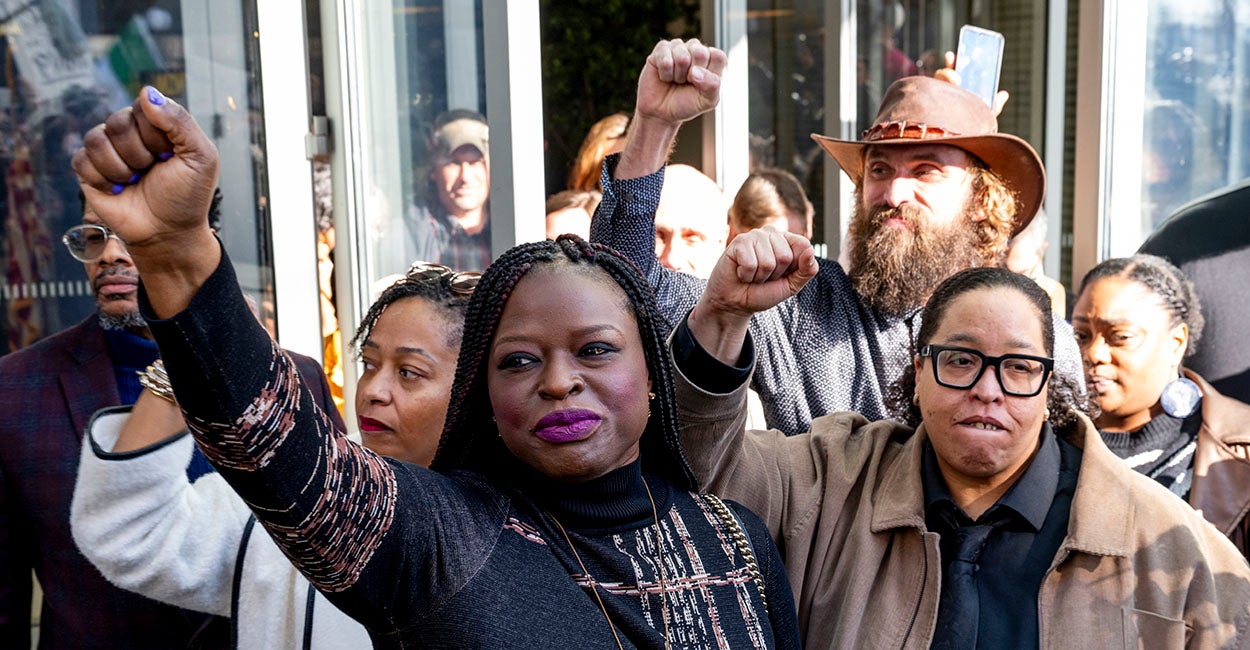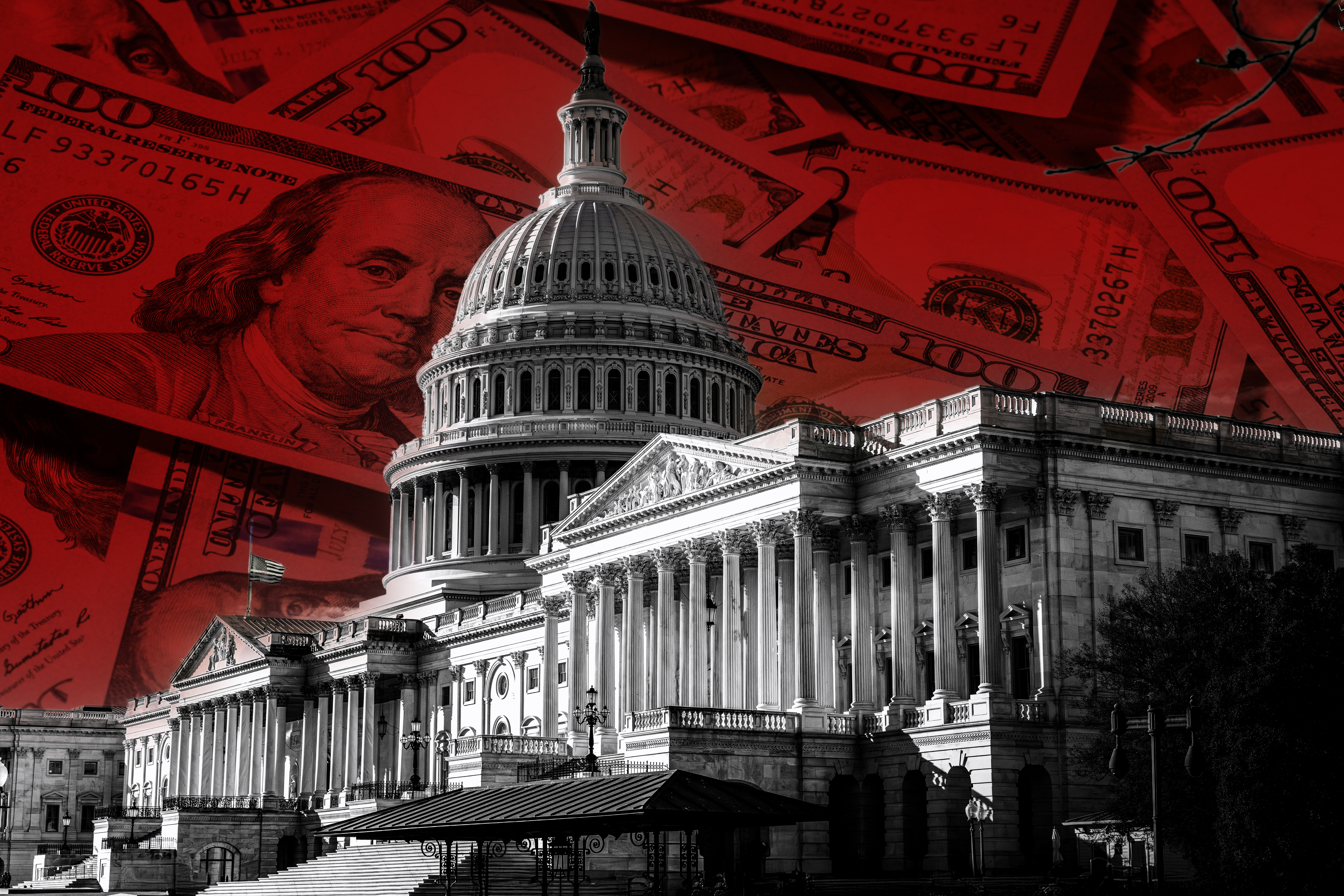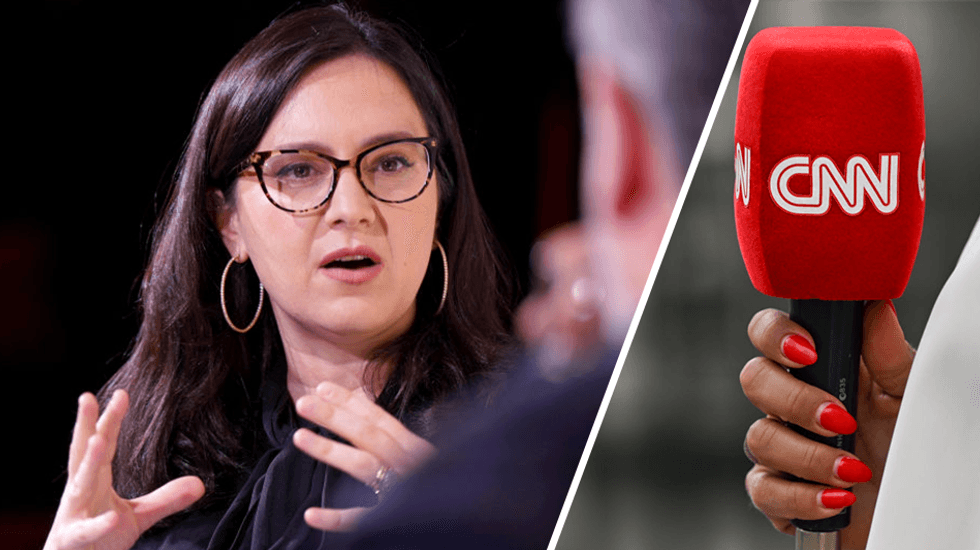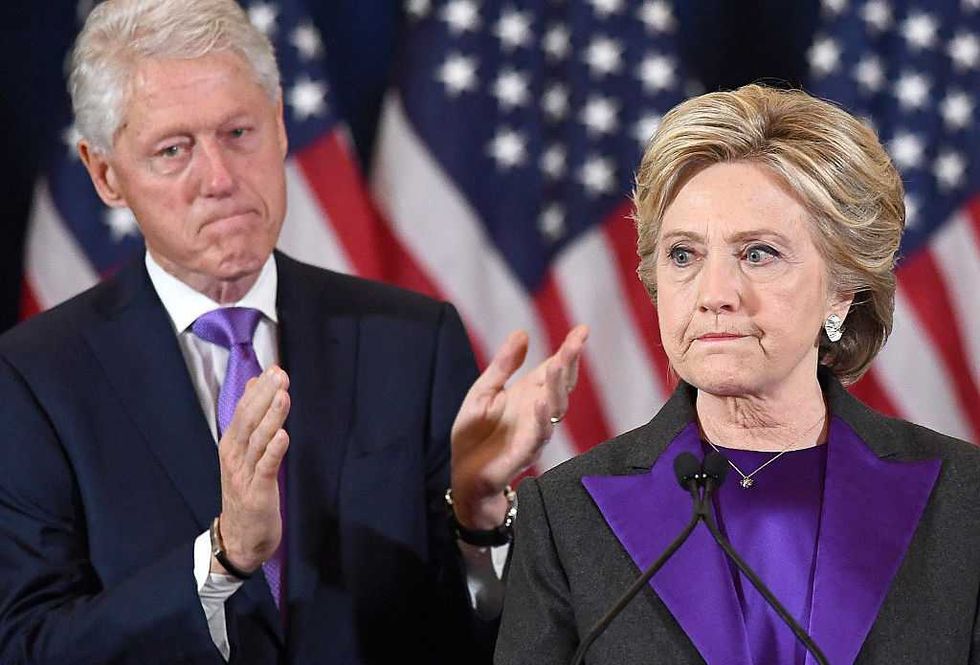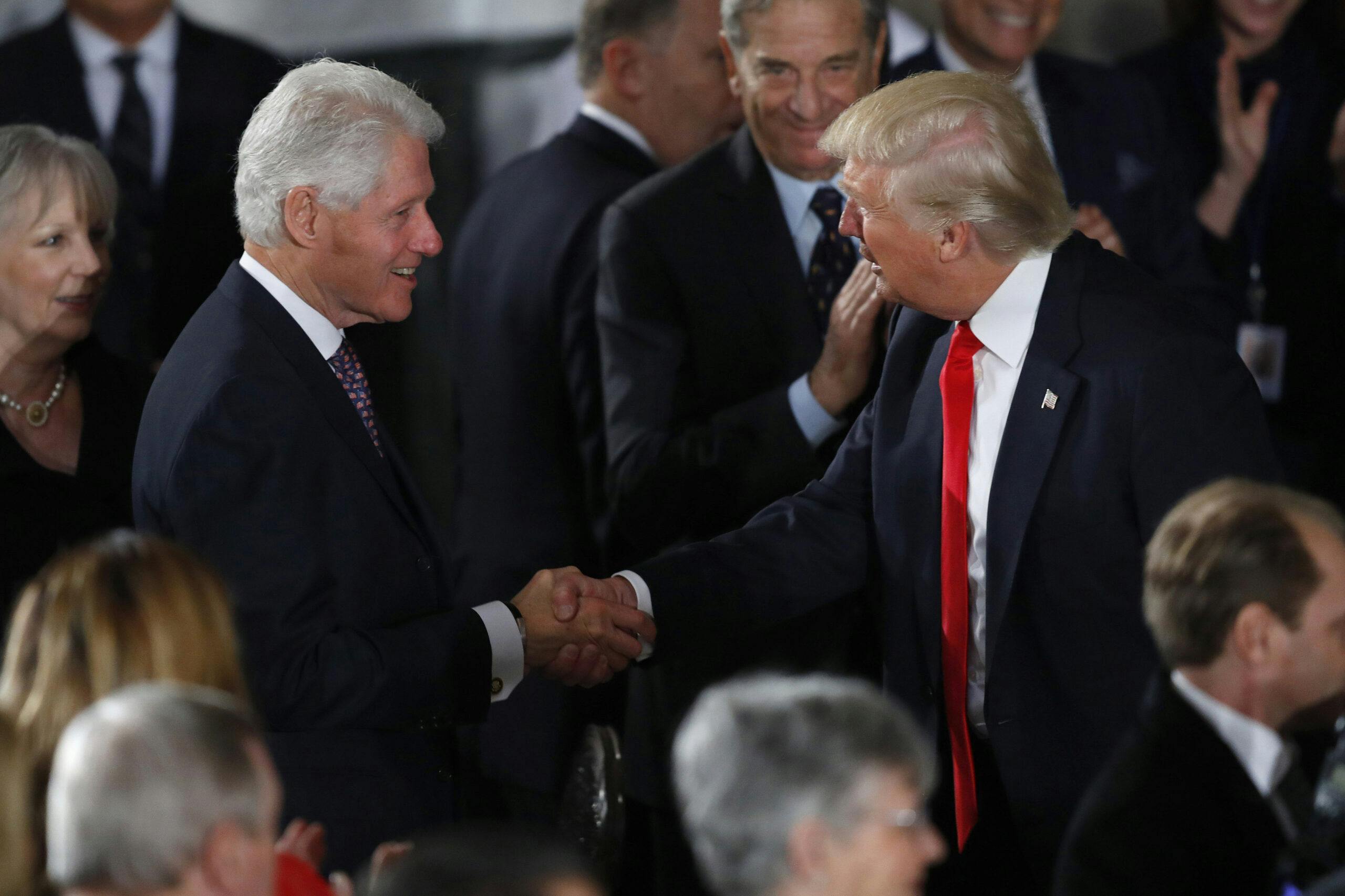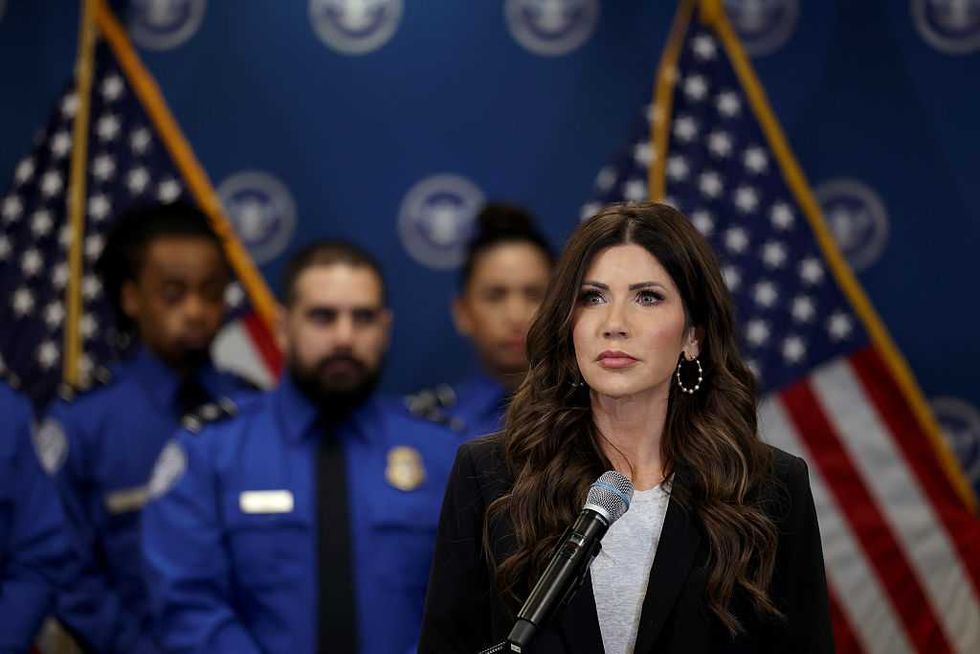Charlie Kirk’s Challenge to a Generation Will Be His Legacy
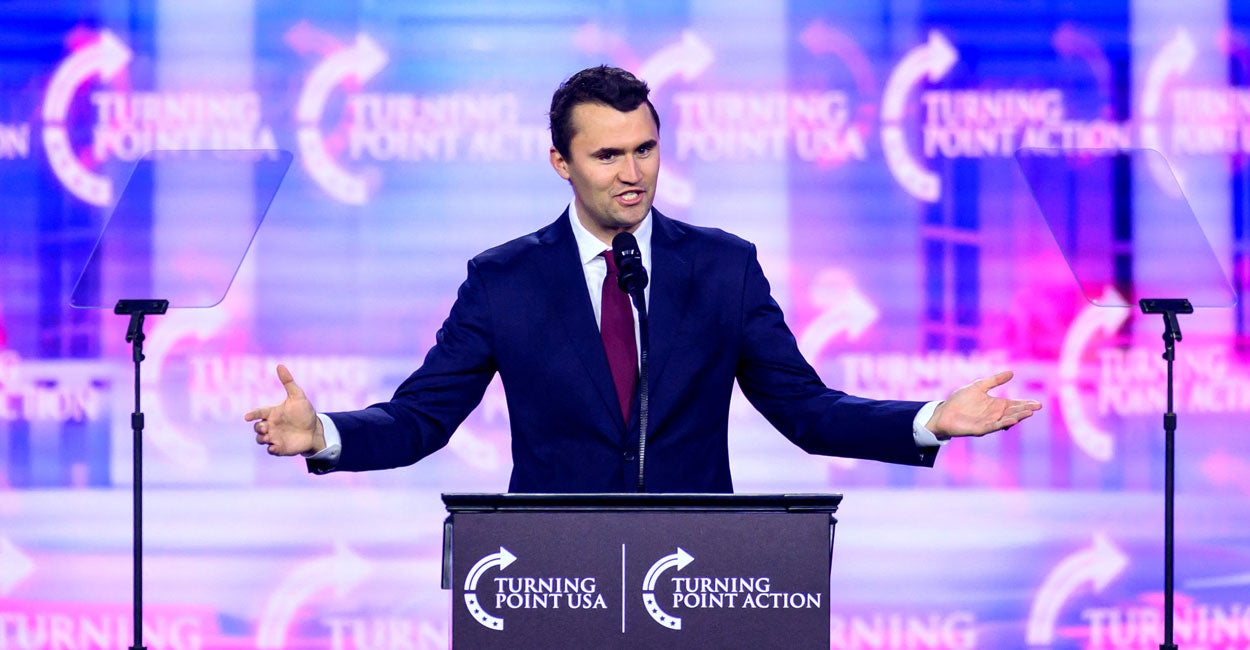
Editor’s note: This is a lightly edited transcript of today’s video from Daily Signal Senior Contributor Victor Davis Hanson. Subscribe to our YouTube channel to see more of his videos.
Live Your Best Retirement
Fun • Funds • Fitness • Freedom
Hello, this is Victor Davis Hanson for The Daily Signal. I’d like to comment on the legacy of the late Charlie Kirk and why he is going to be remembered and what he accomplished.
There’s been a lot of encomia about him, but I think one of the most unusual things that he did was he changed politics, but he didn’t address political issues first. In other words, he saw politics as a reflection of deeper social, economic, and cultural issues.
I talked to him in late August, and what he was intent on was trying to tell a new generation of Americans that they were suffering from prolonged adolescence, and part of that wasn’t their fault.
He was arguing that the Republican Party cannot empower people like [New York City mayoral candidate] Zohran Mamdani and the socialist Left, who have no solutions and will make things worse, but they have to address why they are popular.
Some of it, of course, is ignorance, but what he was trying to say is that people who cannot afford a home, they cannot afford energy, they cannot afford gasoline, they can’t afford to buy a car, they prolong their adolescence. They do not get married, or they’ve been indoctrinated in college that the nuclear family is toxic, or they don’t understand the beauty of child raising or raising children. And in a larger sense, these personal decisions they’re making are not only making them unhappy, but they’re hurting the country.
In other words, we’re suffering from 1.6 fertility, a radical drop in the last quarter century from 2.0 at the turn of the millennium.
And what he was also trying to say is that there were solutions to these problems in sort of the red state paradigm in places like Florida, in places like Texas, in places like Arizona, in places somewhat like Nevada, where people were moving to—4 million, 6 million people a year—and they felt they could afford insurance, they could buy a car, it was safe, homes were affordable, they could get married at an earlier age, they could rediscover traditional norms of their grandparents.
So, he was concentrated, not in those areas, but in the swing states, especially in the 2024 election—Pennsylvania, Wisconsin, Minnesota, not Minnesota so much, but Michigan, somewhat Minnesota—and then blue states because he thought the battle had been won.
We turned to common sense in half the country, but he was going as an emissary into hostile territory and telling people:
There is a reason why you’re leaving in the millions. There is a reason why you’re not buying houses. We have to look at zoning laws. We have to look at energy production. We have to unleash people’s individual talent to produce more goods and services at an affordable price.
We have to champion the idea that a two-parent family is not aberrant. It was the historical norm for 2,500 years. It’s a good thing to have two or three children. It’s a good thing to be a young person and wanna buy a house in your 20s and not in your 40s, or to have a child in your 20s and not in your late 30s.
Nothing wrong with the latter, but he was trying to offer a different paradigm that had proved successful.
The second thing, very quickly, about him is his methodology was as varied as his message. In other words, to get that message across that there were cultural, social, economic factors that reflected one’s political view, and if you’re gonna win people over to the conservative politics, you have to explain socially, culturally, and economically why they’re not receptive at first and what can be done about it. But he also was a good orator.
He spoke extemporaneously. He had one year of college, and he waded into Oxford and Cambridge and took on people at, supposedly, the most prestigious universities in the English-speaking world. He could write. He created this huge organization, $100 million budget, somebody—we don’t do that in America without an MBA or a B.A. So, he was a multitalented figure.
And then, finally, as Aristotle said, courage is the most important of all virtues. And he was not afraid of his person. He was not afraid of getting into arguments with people. He was not intimidated by Ph.D.s, J.D.s, MBAs.
So, he was a rare individual. And I don’t think we’re gonna see anybody like him. I can’t think of anybody on the conservative or the Left that has that many skills and that many talents and that much energy, and more importantly, saw that the problem with America is not whether you’re conservative or liberal per se, not necessarily, but why you are.
And people who have some faith and some vision of being economically viable, and they can marry at an age at which they want to, they can have as many children as they please, they can buy a home, they are happier people. And the Republican Party in the past has not always ensured that they have that opportunity, and he was trying to address it.
We publish a variety of perspectives. Nothing written here is to be construed as representing the views of The Daily Signal.
The post Charlie Kirk’s Challenge to a Generation Will Be His Legacy appeared first on The Daily Signal.
Originally Published at Daily Wire, Daily Signal, or The Blaze
What's Your Reaction?
 Like
0
Like
0
 Dislike
0
Dislike
0
 Love
0
Love
0
 Funny
0
Funny
0
 Angry
0
Angry
0
 Sad
0
Sad
0
 Wow
0
Wow
0



